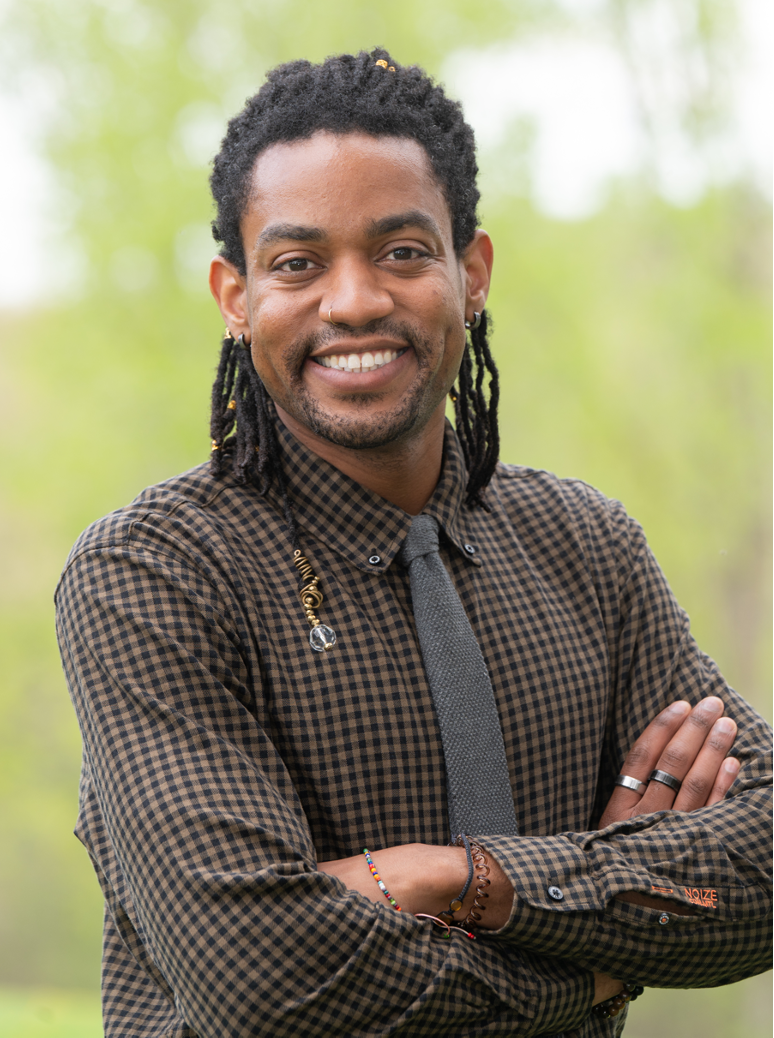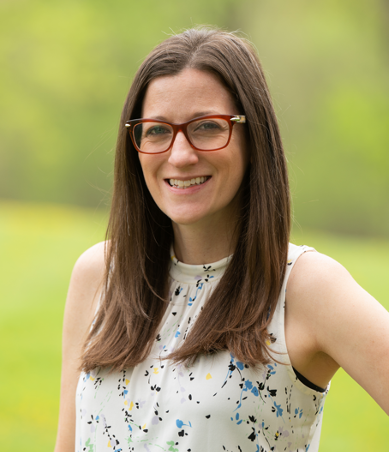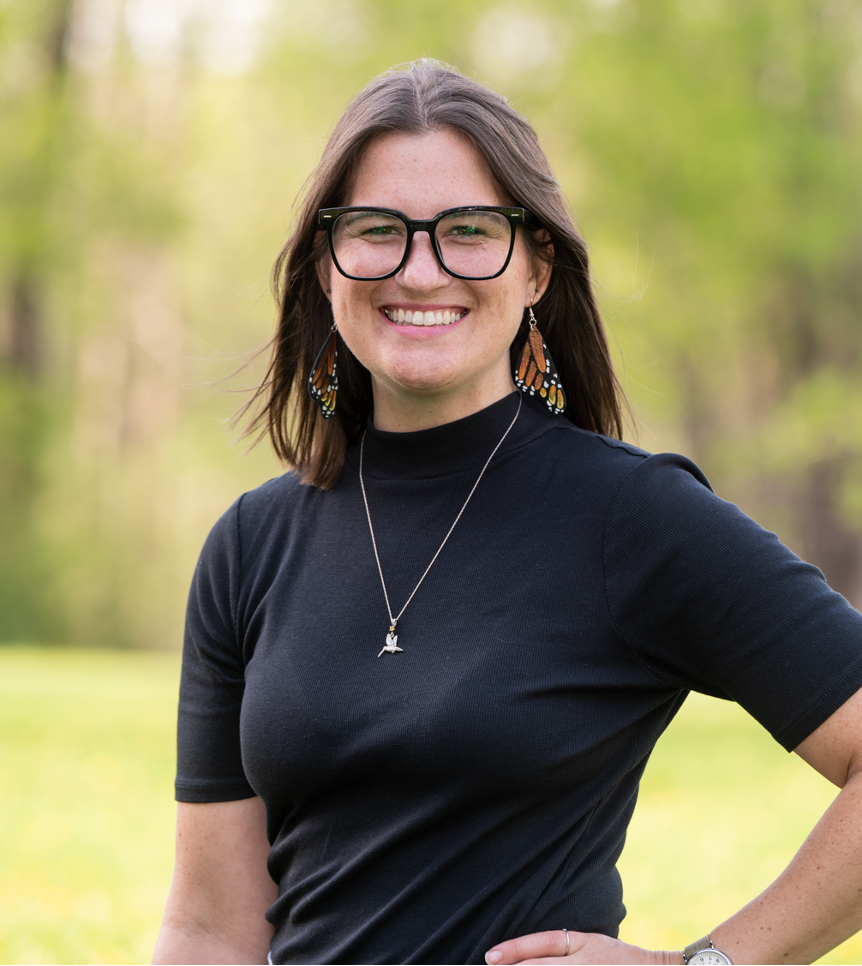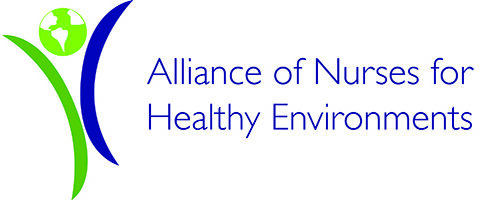About
ANHE Fellowship Program
In 2019, the Alliance of Nurses for Healthy Environments (ANHE) launched the Fellowship program to train nurses to work with communities in tackling serious environmental health issues, with an emphasis on climate and health equity. Nurse fellows partner with local community-based organizations to enhance mitigation of and adaptation to climate change and related environmental health challenges, while ensuring the health benefits of these efforts are realized in the communities.
Foundational Principles
The AHNE Fellowship program is grounded in four foundational principles, which provide guidance for program development, implementation, nurse fellows’ project work, and interaction with communities and community-based organizations.
Community Engagement via Partnership Building:
A process of developing relationships that enables communities and health professionals to work collaboratively as equals to address health-related issues in a manner that values and recognizes the expertise that comes from the lived experiences of community members. It encompasses a mutual exchange of information, ideas and resources between community members and various partners with the shared goal of improving public health and environmental outcomes. In environmental health nursing, the Environmental Justice Principles and the Jemez Principles for Democratic Organizing provide a foundation for developing just relationships and partnerships with community-based organizations.
Health Equity + Anti-Racism:
The CDC outlines that health equity will be achieved when every person has the opportunity to “attain his or her full health potential” and no one is “disadvantaged from achieving this potential because of social position or other socially determined circumstances.” Needless to say – this is not where the United States stands today. Black, Brown, and Indigenous communities currently bear a disproportionate burden when it comes to the effects of climate change and exposure to environmental pollution as a result of racist policies and the ongoing legacy of colonialism. It will take an antiracist approach to overcome these inequities; which is the belief that nothing is behaviorally wrong or right — inferior or superior — with any of the racial groups as well as the courage to name and confront racist ideologies wherever they appear.
Growing the Leadership of Nurses:
Nurses are consistently ranked the most trusted profession in the country. As such, nurses are ideally positioned to engage in dialogue and partnership with communities that are disproportionately affected by environmental injustices to develop effective, long-term solutions to bolstering human adaptation and health and safeguarding ecosystems for community survival (LeClair, 2021). Growing the leadership of nurses to effectively partner with communities is critical to advancing environmental justice and health equity.
Closing the Distance between Community and Care:
Communities that are disproportionately impacted by environmental hazards are leading in identifying and developing solutions. However, due to marginalization, disinvestment, and inequitable allocation of resources, communities may lack the resources needed to achieve optimal health. Nurse-community partnerships can help close the distance between accessing resources and care that are essential for public health by becoming staunch advocates for the communities they work with.
Program Components
As part of the program, nurse fellows are expected to:
- Receive mentorship
- Conduct projects in partnership with a community-based organization to address a community-identified environmental health concern aimed at promoting health equity and building climate resilience.
- Participate in monthly webinars on relevant environmental health topics with an emphasis on environmental justice and health equity, as well as skill building sessions to prepare fellows for their partnership work with community partners.
- Hold at least two educational sessions for fellow health professionals about work and learning in the program.
- Attend two Fellowship convenings where participants build community, learn together, and expand partnerships with mentors and program staff.
For questions regarding the fellowship please email AHNE’s Fellowship Manager, Jeremiah Headen – Jeremiah@enviRN.org
The ANHE Fellowship program is made possible through generous support from the Kresge Foundation. The Alliance of Nurses for Healthy Environments values diversity and inclusion in the workplace and we encourage nurses from all backgrounds and experiences to apply.
ANHE Staff

Jeremiah Headen
Jeremiah Headen (he, him, his) is the ANHE Fellowship Program Manager. Originally from a small town in Northern Virginia, Jeremiah attended American University where he received a degree in political science. Since graduating, he consistently seeks out positions that advance equity for communities with high levels of disinvestment. He taught in DC Public Schools as a high school teacher, worked as the lead organizer of a political campaign, provided TA for organizers all across the country, and served as a facilitator for various leadership training programs for social change leaders. Prior to taking on this role, Jeremiah created a program with a team of consultants at the Rockwood Leadership Institute called the “Heart of Black Leadership” that provides a unique leadership training specifically designed for Black leaders working within the social justice movement in response to the summer of 2020. Outside of work, Jeremiah enjoys spending time with loved ones as well as writing and performing songs.

Cara Cook
Cara Cook, MS, RN, AHN-BC (she, her) is the Director of Programs for the Alliance of Nurses for Healthy Environments. Her work focuses on elevating climate and health as a national priority by engaging nursing organizations and individual nurses in climate and health advocacy, education, and practice change. Prior to joining ANHE, Cara was a Local Care Coordinator with Healthways-Sharecare, Inc., coordinating care for high-risk patients in partnership with their primary care physicians as part of an insurance-based Patient-Centered Medical Home program. She has experience in critical care nursing working in both medical and trauma intensive care. Cara holds a Master’s in Community/Public Health Nursing through the University of Maryland.

Katie Huffling
Katie Huffling, DNP, RN, CNM, FAAN (she, her) is a Certified Nurse-Midwife and is the Executive Director the Alliance of Nurses for Healthy Environments. Ms. Huffling works with nurses and national nursing organizations on a variety of environmental health issues including climate change, chemical policy, inclusion of environmental health into nursing education, and sustainable healthcare. Ms. Huffling has written numerous peer-reviewed articles on environmental health issues and was an editor of the recently released environmental health e-textbook “Environmental Health in Nursing” which won the 2017 AJN Book of the Year in Environmental Health.

Hannah Noel-Bouchard
Hannah Noel-Bouchard, BSN, RN (she, her) is a public health nurse, Doctorate in Nursing Practice (DNP) – Health Innovation and Leadership student, and the Nurse Operations Manager for the Alliance of Nurses for Healthy Environments. She supports the organization’s staff and nurse members, who are working in communities across the nation to promote healthy environments. Hannah works in her community alongside two local, nonprofit organizations, Charleston County Public Library system and Neighbors Together to reimagine and redesign healthcare in the community setting to better meet the health and social needs of community members. Prior to joining ANHE, Hannah has worked in school nursing, cardiac/telemetry and research nursing. After participating in ANHE’s inaugural Environmental Health Nurse Fellowship program, Hannah continues to build relationships and work with local communities to better understand, prepare for, and mitigate the negative health effects of climate change and polluted air, soil, and water.
